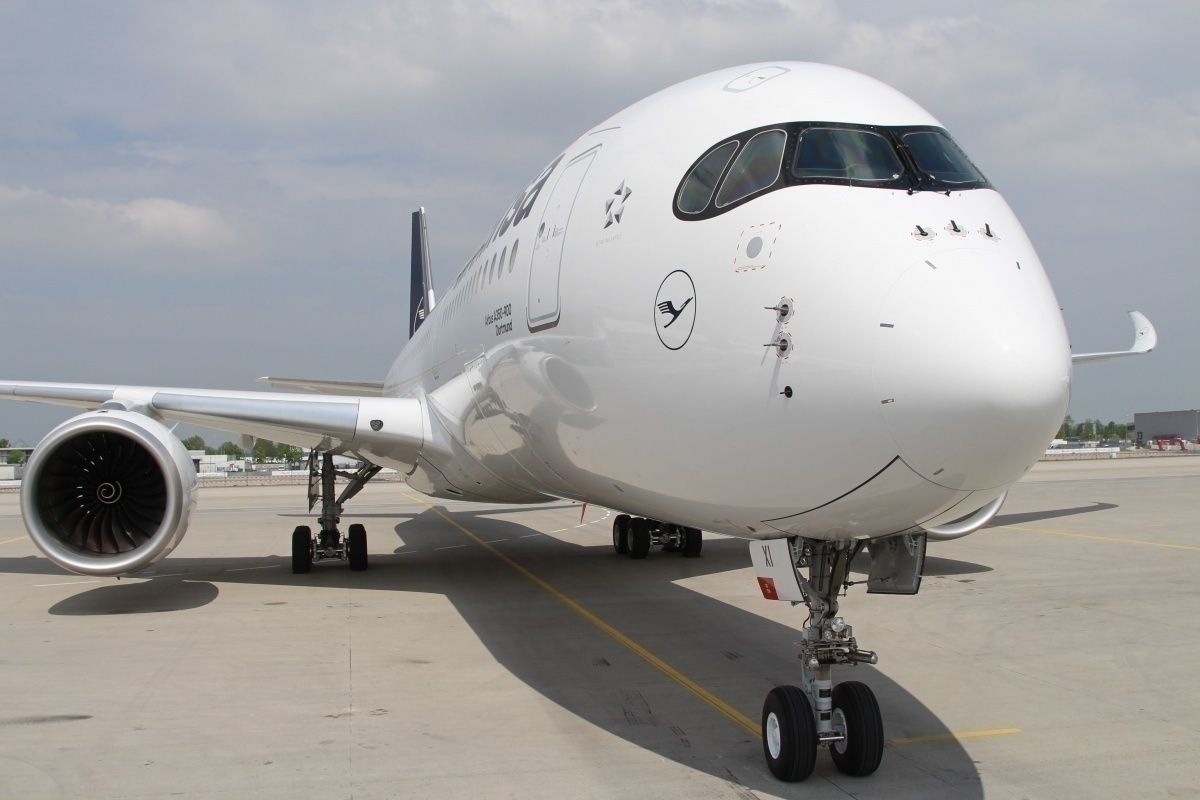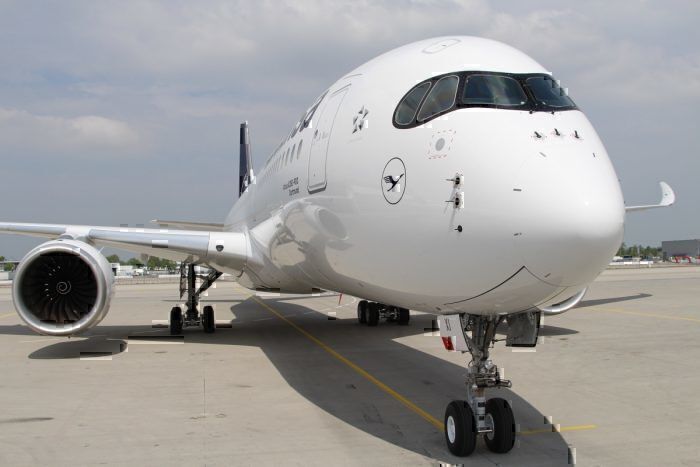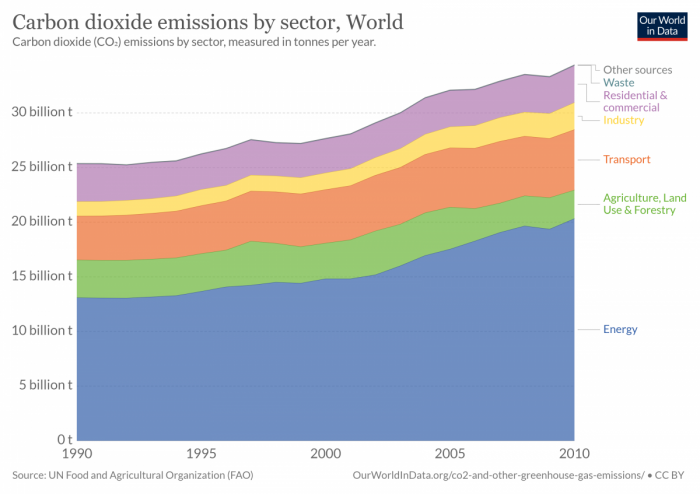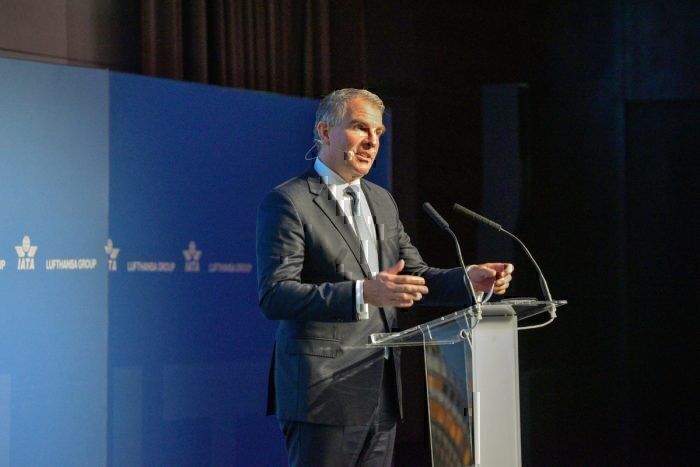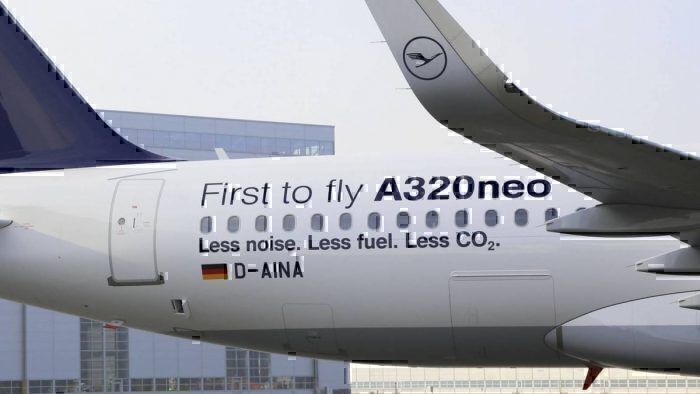At the recent IATA Wings of Change conference, CEO of Lufthansa Carsten Spohr called out flight shamers as peddling ‘fake news’. He pointed out how much good is being done in aviation, and how little its contribution to CO2 emissions really is. Here’s what happened.
The aviation blame game
Flight shame and climate change are some of the hottest topics in the aviation world today. While the big green finger of blame is being firmly pointed at aviation, those in the know realize how misplaced this is.
During his keynote speech at the IATA Wings of Change conference in Berlin last week. Lufthansa CEO Carsten Spohr was outspoken in his defense of the international aviation community. He said,
“Airlines should not have to be seen as a symbol of climate change. That’s just fake news.
“Our industry contributes 2.8% of global CO2 emissions. As I’ve asked before, how about the other 97.2%? Are they contributing to global society with as much good as we do? Are they reducing emissions as much as we do?”
The biggest emitter (of the 97.2%) by far is the energy industry. An IEA paper from earlier this year states that, rather than reducing emissions, the CO2 associated with the energy industry actually rose in 2018. In fact, the growth of 1.7%, which equated to 560 Mt, was equivalent to the total emissions from international aviation.
So does that mean the aviation industry should not be doing anything and instead should wait for these mega-emitters to act? Spohr thinks not. He went on to say,
“Don’t get me wrong. This does not release us from the responsibility to act to drive down emissions, as we have done over the past 10 years. Now, there is just a little more rational discussion required of being healthy, for all of us around the world to deal with this important topic.”
Spohr went on to round off his talk with a rousing call for all involved in the industry to join together and bring back pride in aviation, and to work together for an “emissions-free future”.
Is it fake news?
Clearly, Mr. Spohr is not negating his responsibility to act on behalf of the environment. However, he does call out the finger-pointers and flight shamers as acting on ‘fake news’. It’s a bold statement for Spohr to make, but is there any truth in it?
Well, when the Guardian revealed, earlier this year, a list of the 20 firms responsible for a third of all carbon emissions, not one was an airline. In fact, according to UN figures as reported by Our World In Data, transport as a whole is responsible for a mere fraction of the total carbon output around the world. Energy is by far the worst, adding 20.33 billion tons of CO2 to the atmosphere in 2010, compared to 5.53bn from transport, which includes road vehicles, shipping, rail and aviation.
The Carbon Brief discussed CO2 in the UK in a paper released in February this year. In it, they noted that emissions from rail and domestic shipping had remained ‘relatively flat’ since 1990. However, emissions from domestic aviation had declined by around 40% since 2005. A similar report from the same organization looking at US emissions noted that, in 1990, emissions per capita from aviation were just over 94 gallons. By 2016, this had reduced to 76.
IATA reports that civil aviation as a whole emits 859 million tons of CO2 per annum, which is roughly 2% of manmade CO2. This is a number which airlines are constantly working to reduce. Between 2009 and 2016, airlines reduce CO2 emissions by 10.2% worldwide, thanks to investments in modern aircraft and efficiencies of operation.
Each new generation of aircraft is, on average, 20% more efficient than the models it replaces. Over the next 10 years, airlines will invest $1.3 trillion in new, more efficient aircraft. Although airlines are clearly committed to reducing their environmental impact, there’s a business case for it too. Each ton of CO2 an airline is able to avoid will save it $225. We’ll leave the last word to Mr. Spohr once again:
“We do not need to be ‘woken up’ to saving fuel. Fuel is 20 to 25% of our costs. We’ve been trying to drive costs down for years!”
What do you think? Is aviation the scapegoat for climate change, or do airlines need to do more to reduce their environmental impact? Let us know in the comments.

